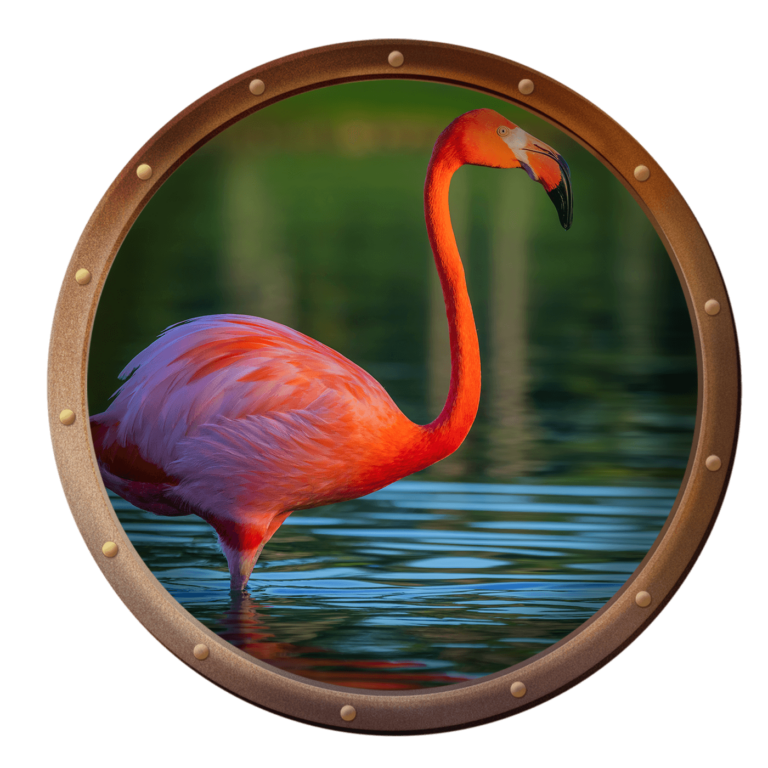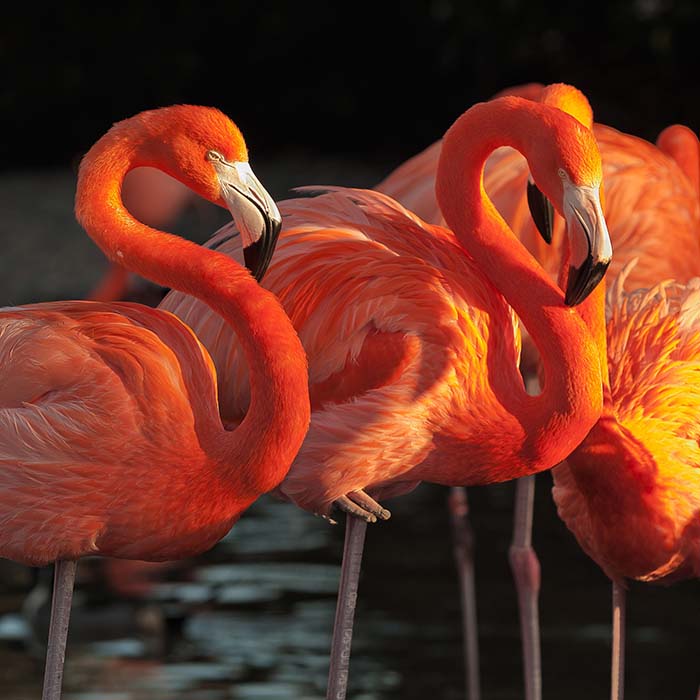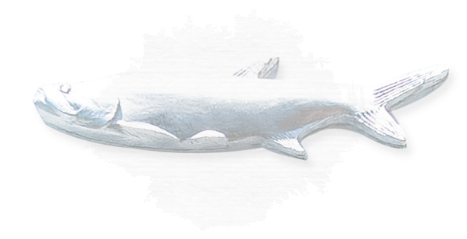The Florida Keys is one of the most unique ecosystems and supports many birds, from aquatic to wading species. Whether you’re a serious birder or just a casual nature lover, keep your eyes peeled for some of these most common birds of the Florida Keys.
Seagulls
As with any coastal area, seagulls are abundant in the Florida Keys. These gray-white feathered birds have black markings on their head and wings, long bills, and webbed feet. As carnivores, they nest in densely packed colonies and scavenge for live food, typically small crabs and fish. While they’re coastal birds, they rarely venture far to sea and have long lives. Seagulls are also known for their loud squawking calls.
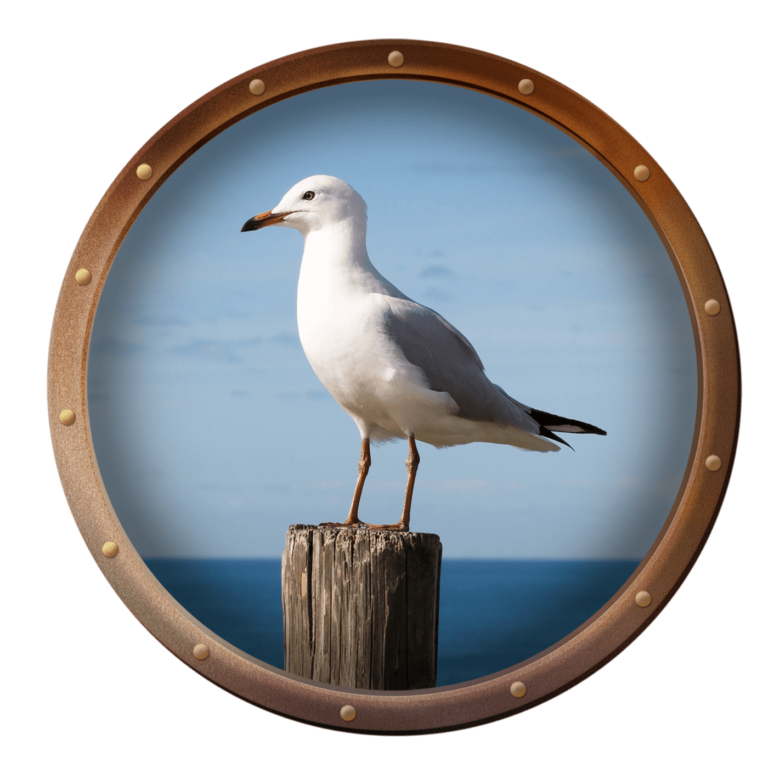
Brown Pelicans
The brown pelican is the smallest of the eight species of pelicans and one of only two species that dive into the water to feed on small fish. Standard in the Florida Keys during winter, the brown pelican is recognizable for its oversized bill and gular pouch, squat body, short legs and large webbed feet. These birds mosey along marinas, searching for prey. They also form habitats within the Florida Keys’ abundant mangroves.
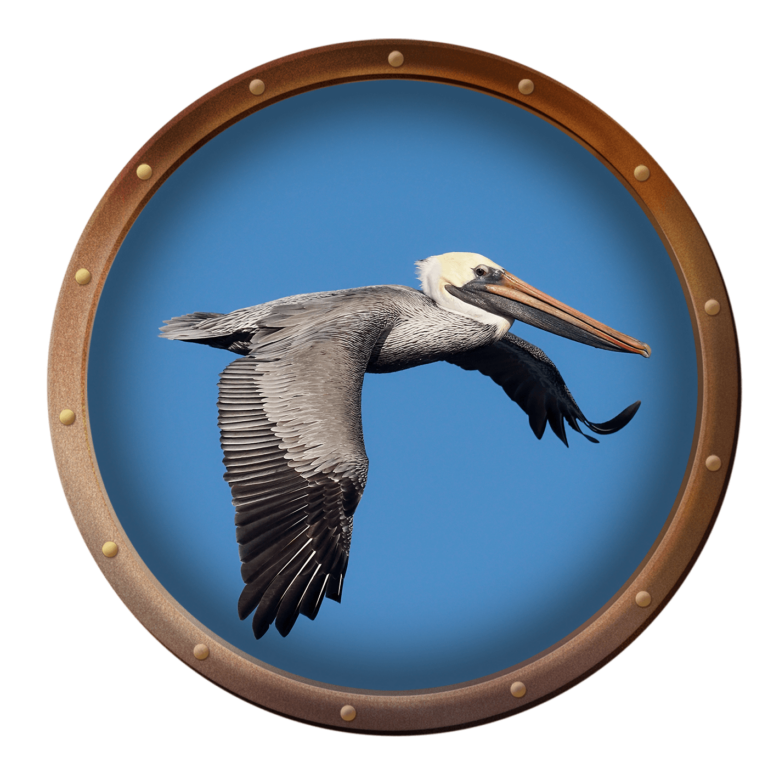
Ospreys
The osprey, or seahawk, is a common bird in the Florida Keys and always a treat to spy, whether found perched in a nest or sailing stealthily along wind currents. As a fish-eating bird of prey, the osprey is recognizable for its sharp, hooked beak; brown upper parts; white-gray underparts; head and wide wingspan, which can be as long as 71 inches. Often mistaken for the bald eagle, the osprey has habitats worldwide, and you can spot one in the wild in the Florida Keys.
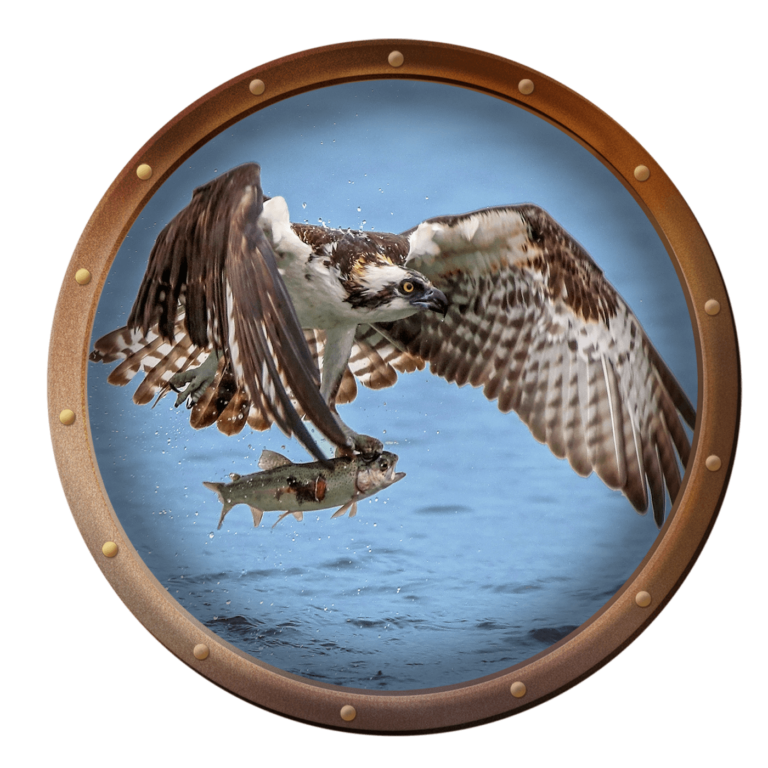
Cormorants
Cormorants are aquatic birds with dark black feathers. They can dive as deep as 45 feet, propelled by their webbed feet and wings, fishing for prey. They’re often found offshore in the Florida Keys, perched on mangrove branches and islands with their wings outspread, soaking up the sun. Cormorants are coastal birds, as opposed to oceanic, and colonize the shore in trees or mangrove islands.
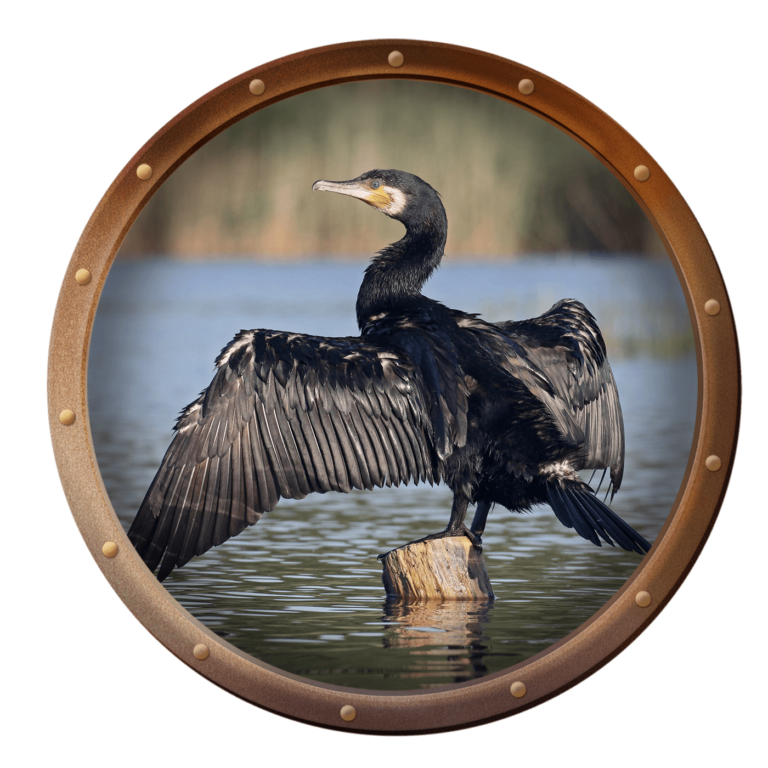
Frigate Birds
Frigate birds in the Florida Keys fly high in the sky on wind currents, where they soar for weeks. Recognizable for their long pointed wings and forked tails, they cut a striking silhouette. These predatory birds feed on fish chased to the water’s surface by larger pelagic fish like tuna. They also steal prey from other seabirds and even chicks from their nests. They get their name because when sailors spot them at sea, they know land is near.
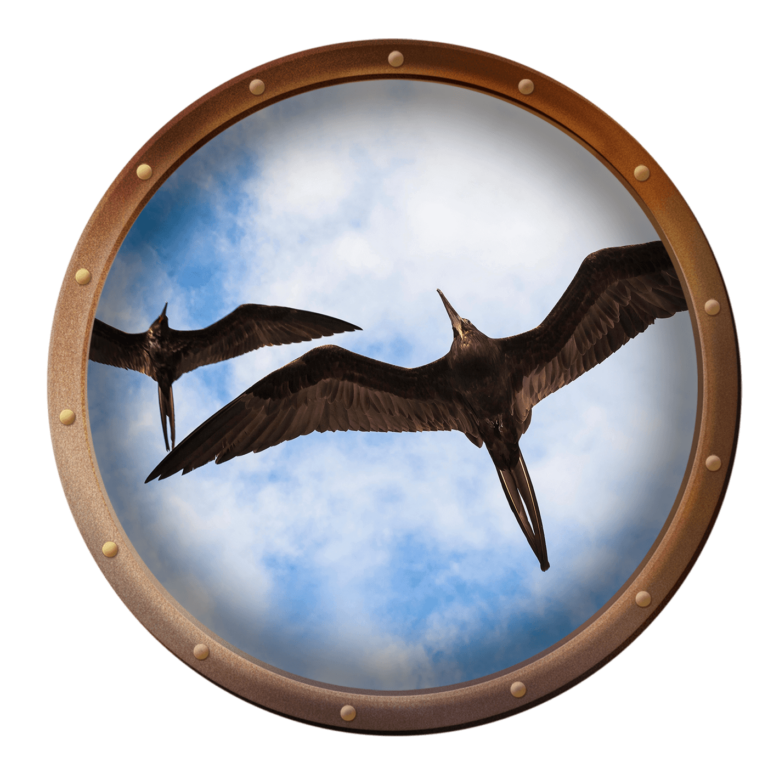
Ibis
The ibis is a long-legged, light pink and white wading bird in the Florida Keys. Its down-curved bill is perfect for probing through the mud for crustaceans. Ibis are coastal birds that nest in trees and are sometimes found in flocks in residential neighborhoods.
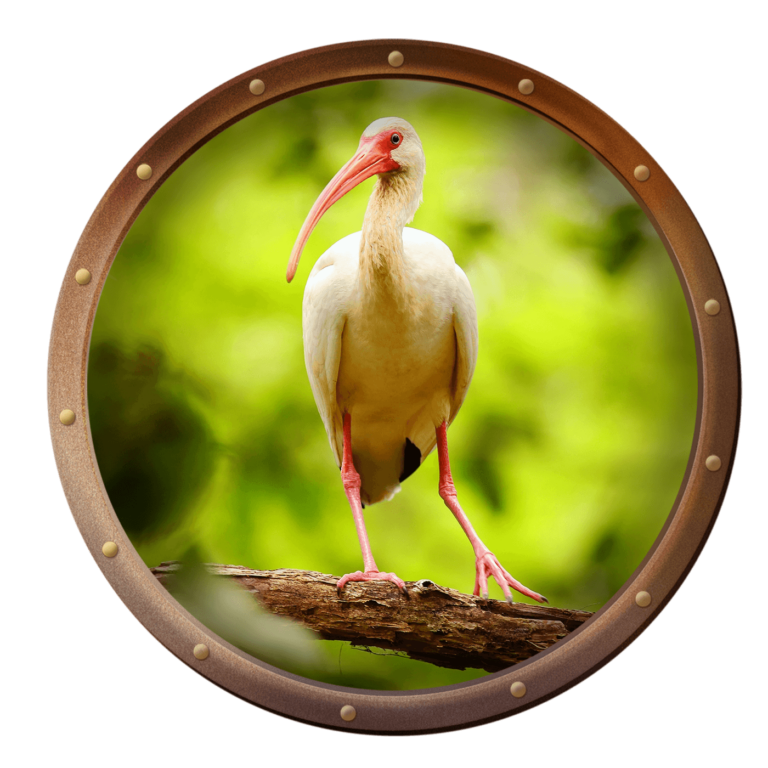
Herons
The white and great blue heron species live throughout the Florida Keys. These regal long-legged wading birds make the coastal wetlands their habitat, where they strut with their long curved necks preying on small fish.
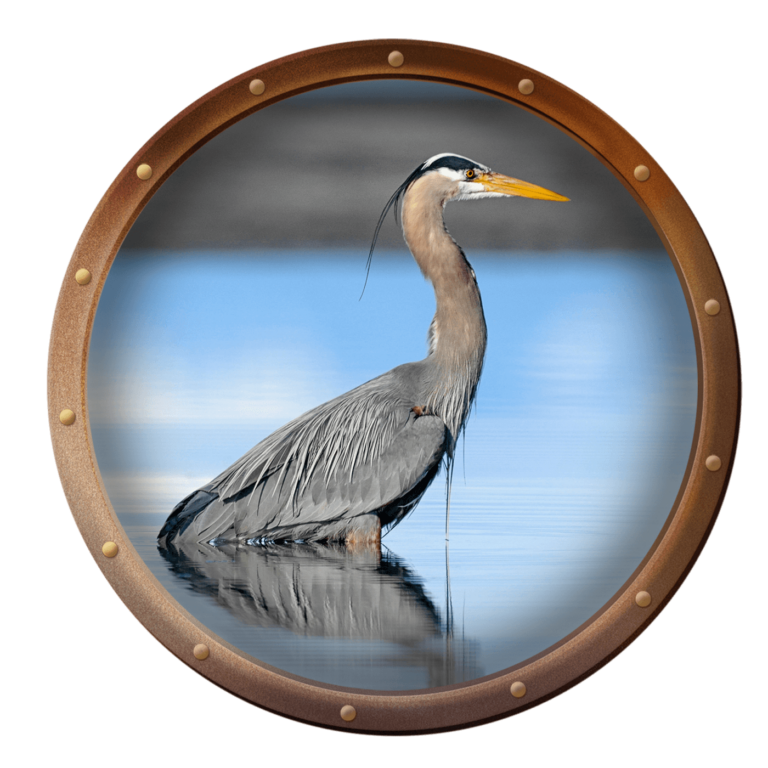
Chickens
When in Key West, you must remember the local population of chickens that roam the island freely. Dating back to Cuban immigration to the island, chickens have been a part of Key West’s landscape for decades. While some consider them a nuisance, there’s no denying that they’re part of Key West’s quirky charms. They stop traffic significantly when a gaggle of baby chicks trails a mother hen. They also make for a natural alarm clock at sunrise, depending on what part of the island you’re staying in.
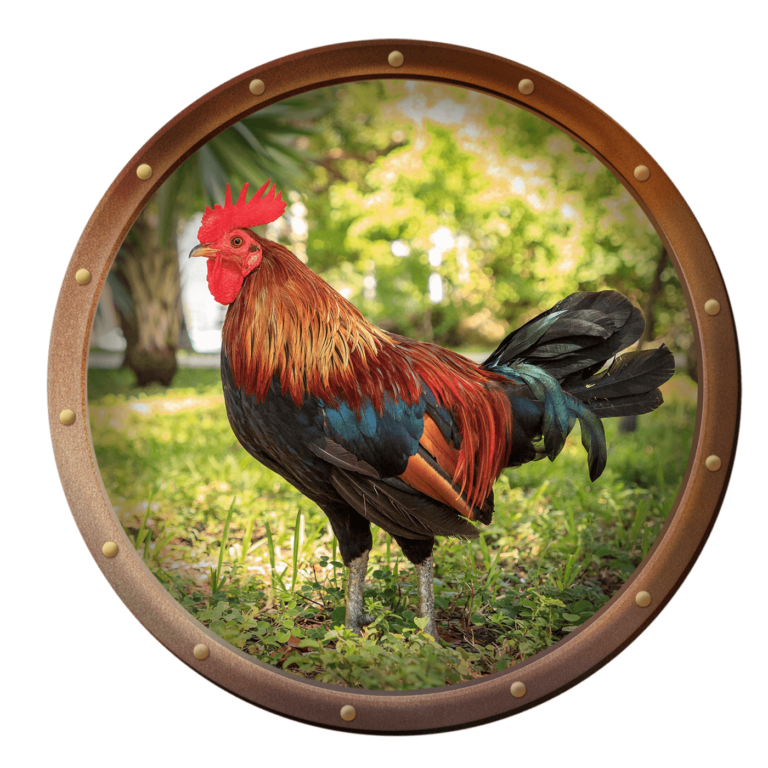
Flamingos
While flamingos are not often seen in the Florida Keys, they do love to wade in the Keys’ shallow coastal waters. Flamingos are social birds and live in colonies. These rare pink birds often balance on one leg and sometimes use their webbed feet to kick up prey in the mud. Their beautiful feathers can range from light pink to dark red as a result of their food source, which contains carotenoids.
